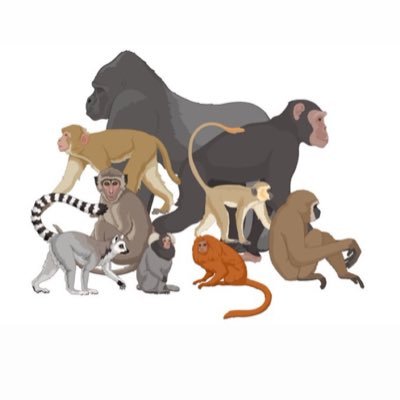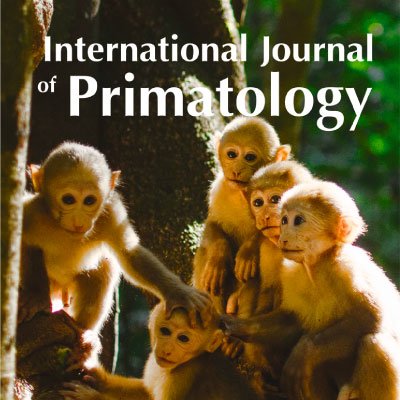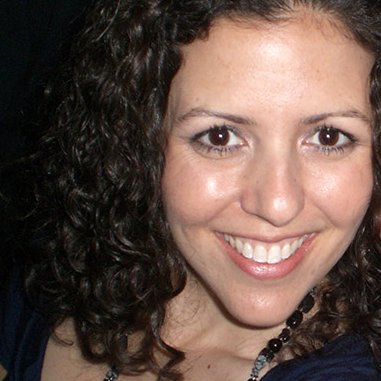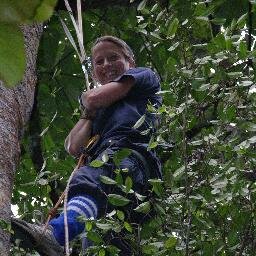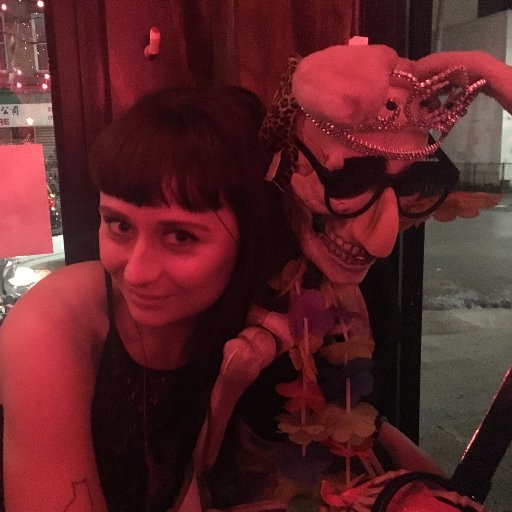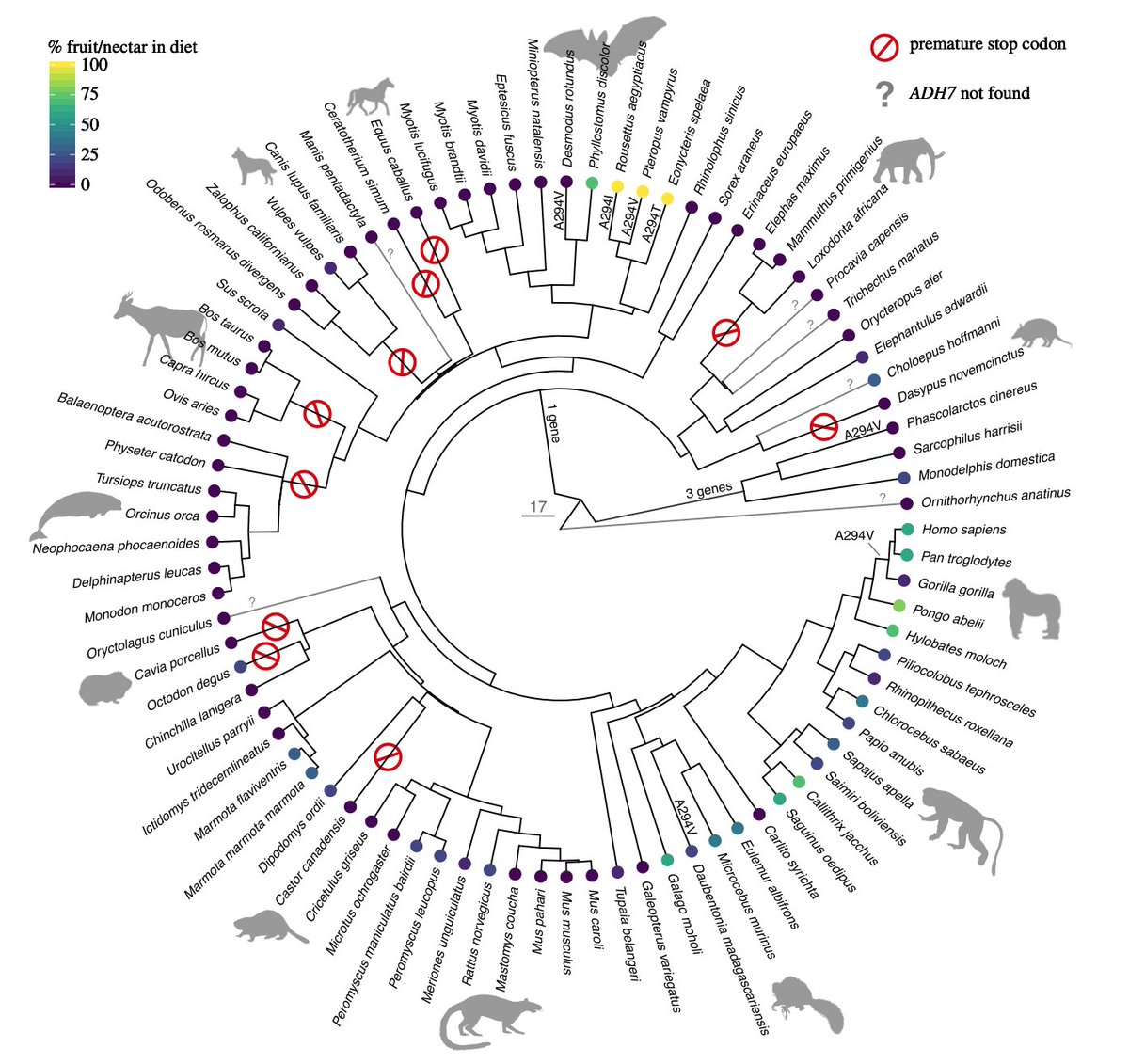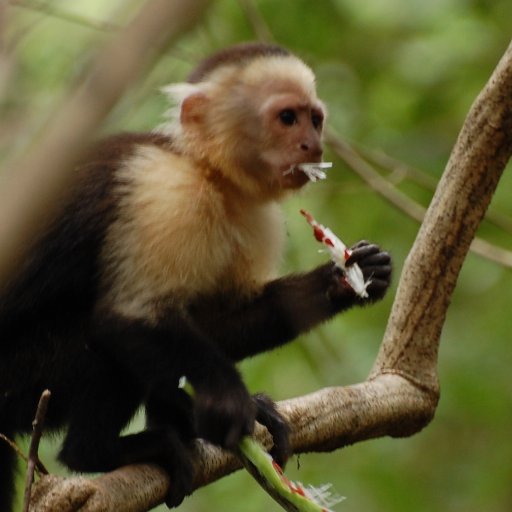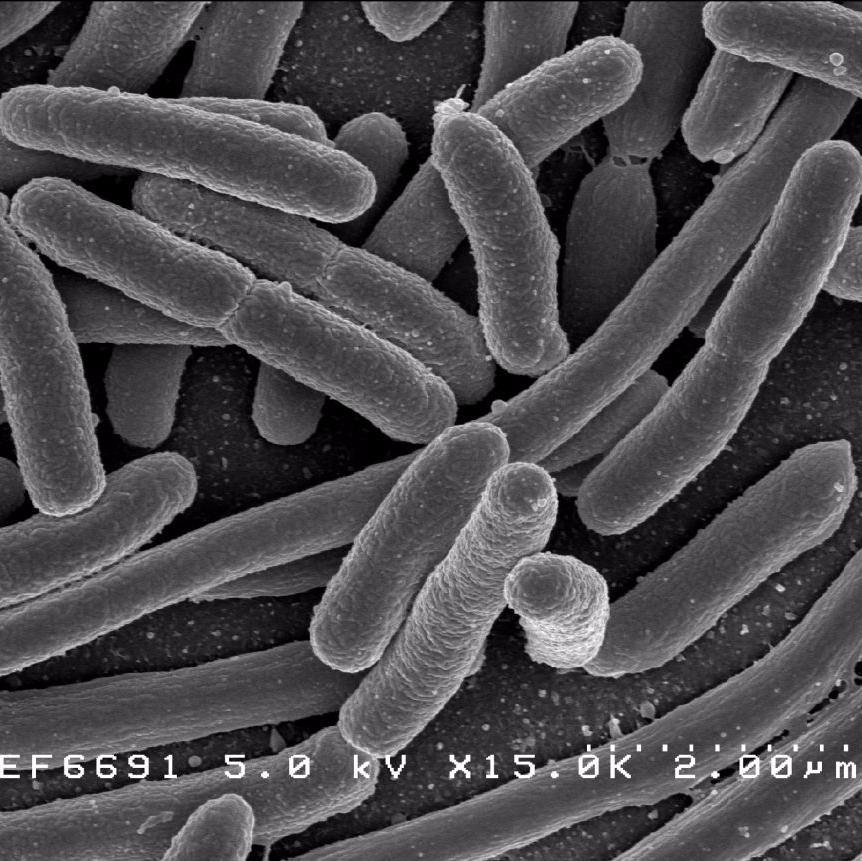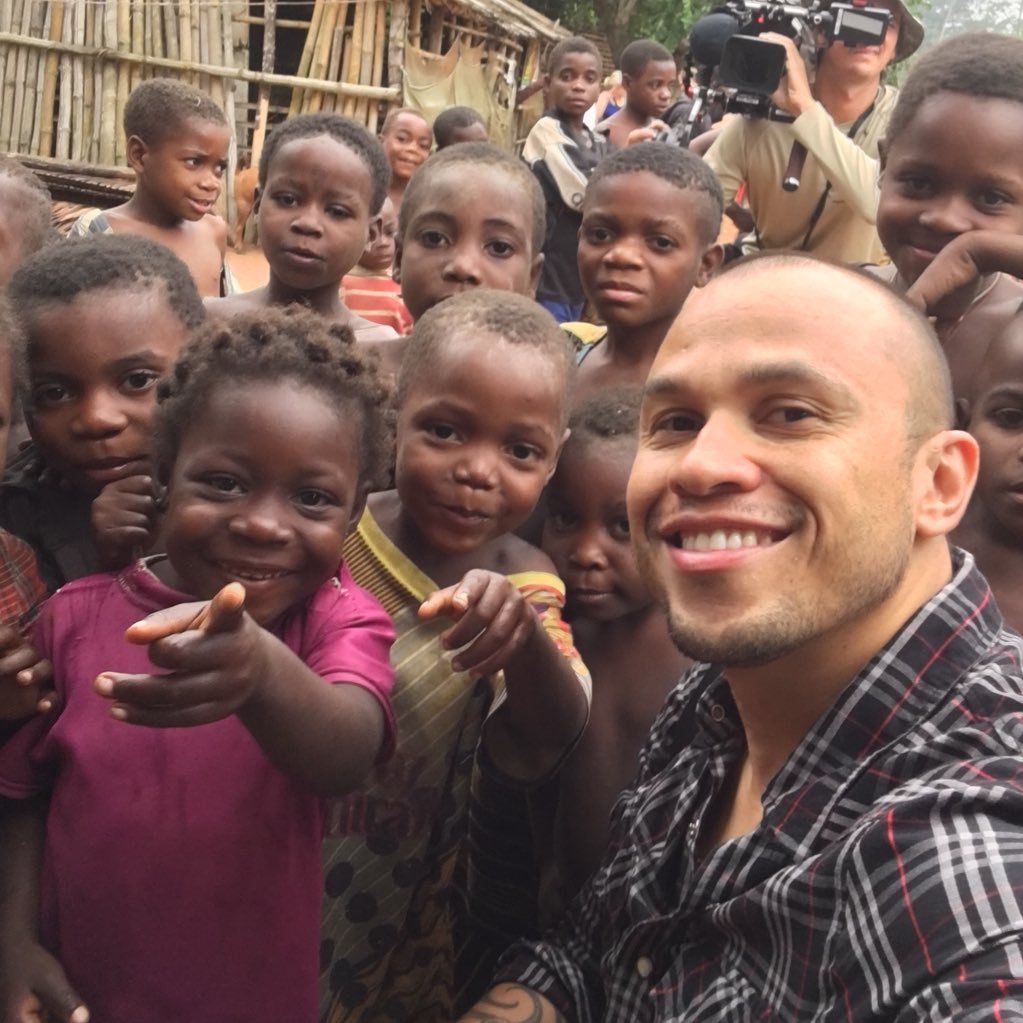
Andres Gomez
@lab_gomez
Followers
398
Following
1K
Media
6
Statuses
668
Assistant Professor- University of Minnesota, Twin Cities. https://t.co/F3JHbNfeUL #microbiome, animal/human nutrition, health and evolution. Opinions, my own
Twin Cities
Joined September 2017
I am happy to share our recently published research work entitled “Traditional human populations and nonhuman primates show parallel gut microbiome adaptations to analogous ecological conditions” in @mSystemsJ 😊. Thank you @lab_gomez @blekhman 👏👏 https://t.co/6Kl2w1ofDY
1
0
6
Cool work by @KristaMilich and colleagues on reproductive senescence in male macaques!
What happens to male primates as they age? This #MonkeyMonday, learn about how @aspvoice member @KristaMilich and colleagues provided the first evidence of reproductive senescence in male Rhesus macaques!
0
0
3
Collaboration with Dr. Krishona Martinson @UMNExt: The horse gut microbiome responds in a highly individualized manner to forage lignification https://t.co/hWkK3CuXsq
0
1
2
Awesome work by @blekhman's lab: Gut microbiome and host gene regulation landscape in hominids:
Hominid species have distinct gut microbiomes. Do these microbiomes regulate host genes differently? And does this affect the hominid hosts? Our latest, led by @A_Muehlbauer, collab w/ @fluca2406 @rogerpique @lab_gomez + many others https://t.co/fliTBCREew
0
2
15
We are recruiting positions to join one of two projects. The candidates will have demonstrated curiosity, training, independence, and passion in the scholarship. LINK: https://t.co/vRmd1vYRea
#microbiome #multiomics #Wolbachia #phageWO #symbiosis
6
124
154
Very cool colloquium by @schnorrax and @an_crittenden at KLI (Vienna-Austria): Anthropological research with vulnerable communities in the big data-OMIC era! Make sure to register (5pm Vienna time)
June 23 #Virtual #KLIColloquium with @schnorrax (@unlv & KLI) & @an_crittenden (@unlv) "Living up to the Ethics of Cross-Cultural Research During Biological Sampling With Vulnerable Communities in the Era of “-Omics” & Big-Data Research" Register now 👉 https://t.co/ziO9eKcFWf
0
2
6
Socioecological Factors Influencing Intergroup Encounters in Western Lowland Gorillas (Gorilla gorilla gorilla) - part of our Special Issue on Dynamics of Intergroup Encouters:
0
14
43
Lucky to work with the amazing Fiona Marshall @WUSTLAnthro! Congrats Fiona!
Fiona Marshall is an Old World prehistorian specializing in the study of early food production in Africa and in the domestication of animals, including donkeys and cats. Marshall is the newest member of @americanacad from #washu
@WUSTLAnthro
https://t.co/FLBkzobzVM
0
1
6
@mareikecora and @AMelinLab do it again! Congratulations!
New @AMelinLab paper out in @RSocPublishing Bio Letters! We looked at genetic variation related to ethanol metabolism across 85 mammals and found patterns of gene loss & selection related to diet. 🐘🦇🐬 Brief thread with results to follow! https://t.co/B40iwZUToP
0
1
4
Our collaborative study, led by Joe Orkin @Knomascus, of the capuchin genome is now up on bioRxiv. Among other things, we identified positive selection on genes associated with longevity and brain development 1/2 https://t.co/HidYkh0NHT
3
16
50
0
1
8
Short-chain fatty acids (SCFAs) alone or in combination regulate select immune functions of microglia-like cells.
0
6
6
* Scientists from which countries are using bioRxiv? Who is left out? * Which countries collaborate with each other? In what roles? * Do some journals publish preprints mostly from one or a few countries? Answers in our latest paper 👇 & thread from @richabdill
0
1
6
Remember how America tried to convince you that a Black teen wearing a hoodie at night while carrying a bottle of Snapple juice and a bag of Skittles candy was dangerous? 🤔
This is from one of the “open up the country” protests. You think I should wear this to the next Black Lives Matter rally? I’m sure everything would be fine, right?
423
12K
35K
It was easy to foresee: within academe, female professors would bear the professional brunt of social distancing during COVID-19, in the form of decreased research productivity. Now the evidence is starting to emerge.
4
36
92


